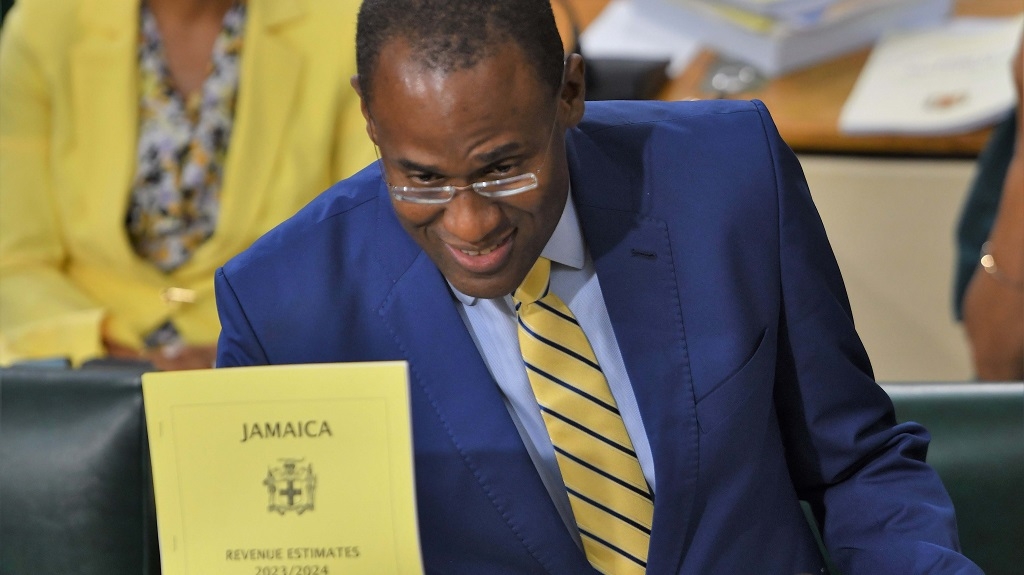All eyes will be on Gordon House today when the Minister of Finance and the Public Service Dr Nigel Clarke opens the Budget Debate for the 2023/24 fiscal year.
The proceedings are set to get under way at 2pm.
The estimates of expenditure for the financial year is $1,021,672,645,000.
Ahead of today’s opening, financial analyst Dennis Chung said that for an eighth consecutive fiscal year Jamaicans can expect no new taxes in the budget.
“I don’t think we will have any new taxes coming into the system, but what I would love to see, based on the budget, is an emphasis on things like national security and education; we need to get some spending going there because those are the things that we need to fix going into the future," Chung said.
Clarke will use today’s presentation to tell the nation how the national budget will be financed. It was to be Jamaica’s first-ever trillion-dollar budget until Clarke last Tuesday tabled a record fourth supplementary estimates for the current fiscal year which ends on March 31, pushing the current budget from $998.2 billion on January 31 when the third supplementary estimates were tabled, to just over $1 trillion.
When he tabled the budget in the House of Representatives on February 14, Clarke stated that the funds were allocated across the main expenditure categories and are comprised of non-debt recurrent expenditure of $665.7 billion, capital expenditure of $75.3 billion, and debt servicing of $280.6 billion.
Included in the non-debt recurrent expenditure are allocations to implement the second year of the three-year public sector compensation restructure and allocations to operationalise the Independent Fiscal Commission.
“The allocation for capital expenditure takes into account the existing capacity to implement capital programmes and focuses on the priority areas to enhance development. Debt service at 9.5 per cent of gross domestic product (GDP), which reflects amortisation [that is] principal repayments and interest payments, reflects action taken over prior years to reduce the debt burden,” Clarke said.
“With interest payments this year of $155 billion being fully financed by revenue, the overall public debt is estimated to end the current fiscal year on March 31, 2023 at 79.7 per cent of GDP. This is expected to decline further to 74.2 per cent of GDP by fiscal year 2023/24,” he added.
The minister noted that this is a projection, but should it be achieved “it would mark the first time since the nationalisation of the financial sector crisis through the Financial Sector Adjustment Company (FINSAC) in the latter half of the 1990s, that debt has entered the domain of pre-FINSAC levels”.
Clarke also noted that Central Government revenue and grant inflows are estimated at $897.6 billion, which, alongside the above-the-line expenditure of $887.7 billion, will generate the required fiscal balance surplus of $9.9 billion or 0.3 per cent of GDP, consistent with fiscal rules.
The finance minister said the corresponding primary balance required for debt service and to generate the targeted fiscal balance is approximately $165 billion or 5.6 per cent of GDP.
He said that the largest single item of expenditure is the amount of $338 billion for wages and salaries, which includes provisions for the second year of implementation of the public-sector compensation restructuring.
He pointed out that the level of expenditure is approximately $100 billion higher than the wages and salaries for fiscal year 2021/2022, after adjusting for allowances previously captured in programmes.
Of note is that some public sector groups are yet to accept the government's compensation offer and Clarke has warned that there will be no room in the new budget to absorb those costs.

